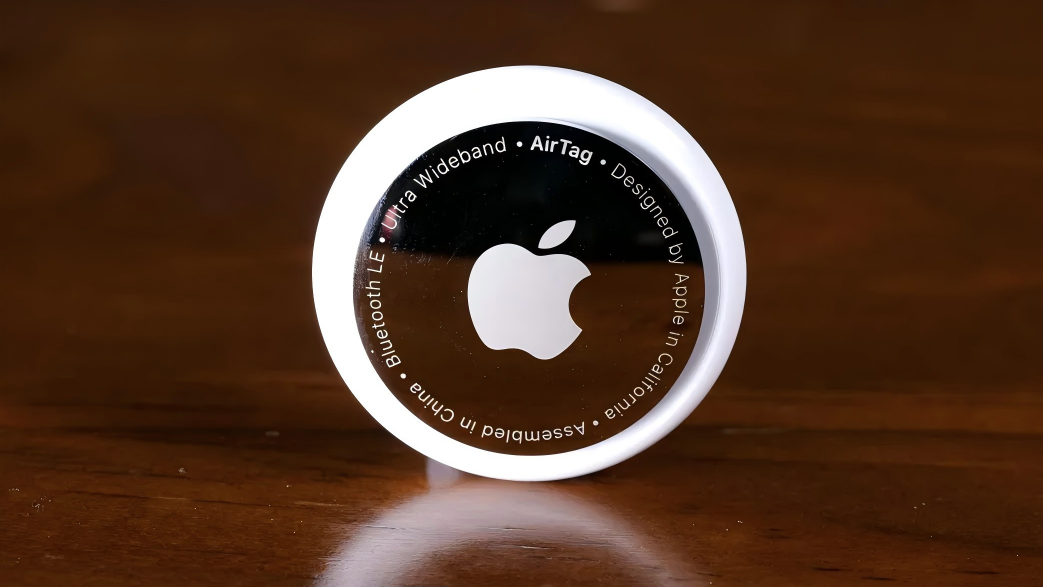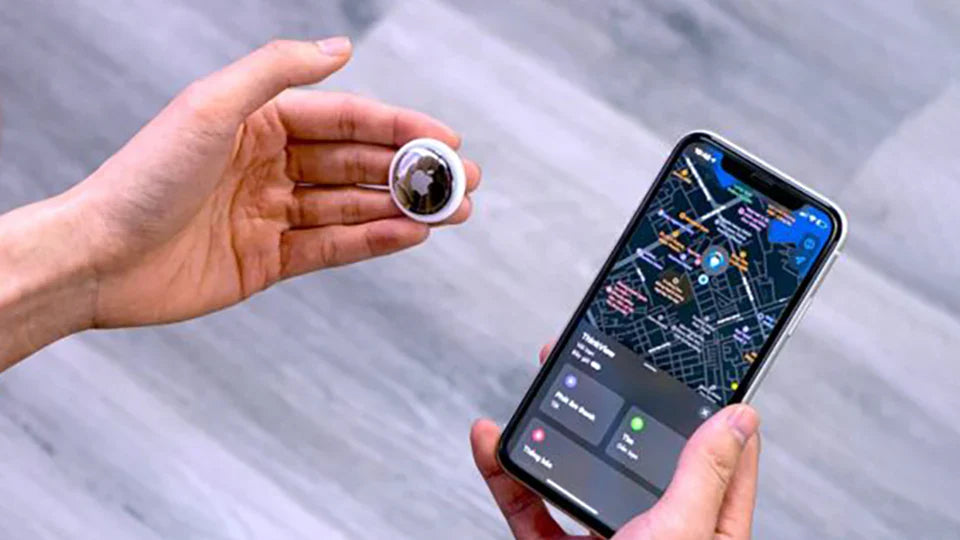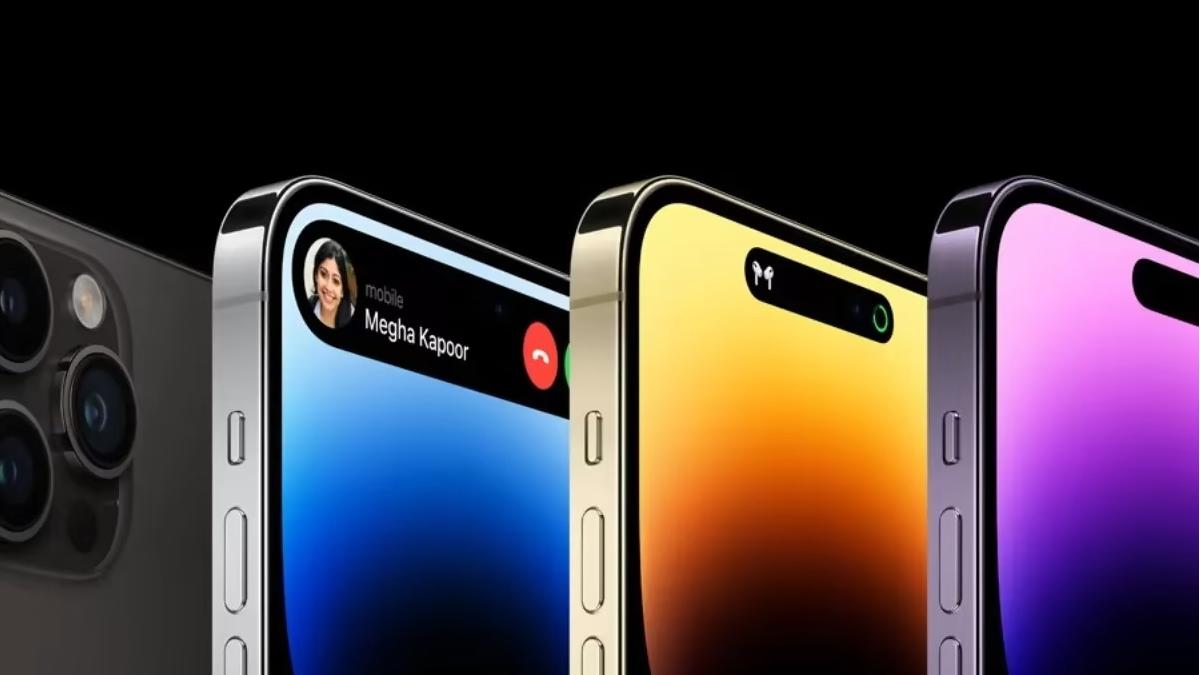











Seinxon Everywhere
Hear What They Say
Blog

Say goodbye to forgetfulness: How do smart locators such as AirTag resolve the worry of forgetting?
In today’s fast-paced, multitasking world, distraction and stress can impair memory by affecting attention and the brain’s ability to encode and retrieve information. To cope, people increasingly rely on technology as a form of “cognitive offloading,” using devices like Apple’s AirTag as a digital extension of memory. AirTags help locate everyday items—keys, wallets, luggage, or even pets—by using Apple’s Find My network. Features like sound alerts, lost mode, and location sharing reduce anxiety over lost items and make retrieval easier. While they offer great convenience, smart locators should complement—not replace—good organizational habits. Ultimately, smart locators reflect a shift in how we manage memory: offloading routine details to technology so our minds can focus on more important thinking and creativity.

Is Someone Tracking You with an AirTag? Here's How to Stop It Fast
Apple’s Find My network helps users locate lost devices—even when they’re offline—by leveraging a vast, anonymous network of Apple products. But how does it protect your privacy in the process? This article explores the core mechanisms behind the Find My system, including AirTag’s built-in anti-tracking features, encrypted location data, and essential settings to guard against unwanted tracking or surveillance. Learn how to identify suspicious AirTags, scan for threats, and fine-tune your privacy settings to stay in control.

Common situations and solutions when Google Find My Device does not work
Having trouble with Google Find My Device? Whether it's a device that won't appear, Bluetooth issues, or problems with remote controls, this guide covers the most common reasons Google Find My Device may not work—and how to fix them. Learn step-by-step troubleshooting tips to regain control, protect your data, and make the most of this essential Android security tool.



